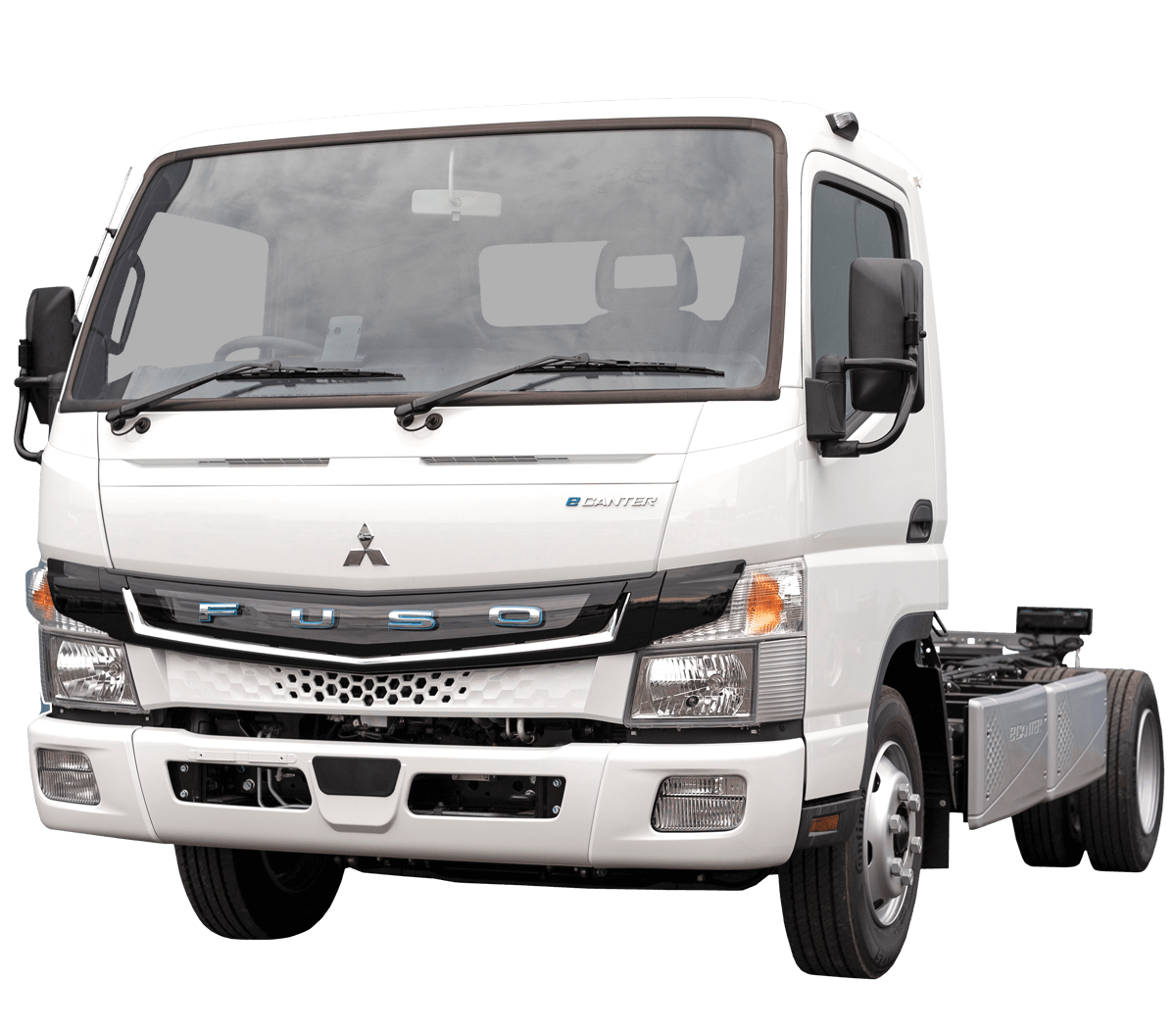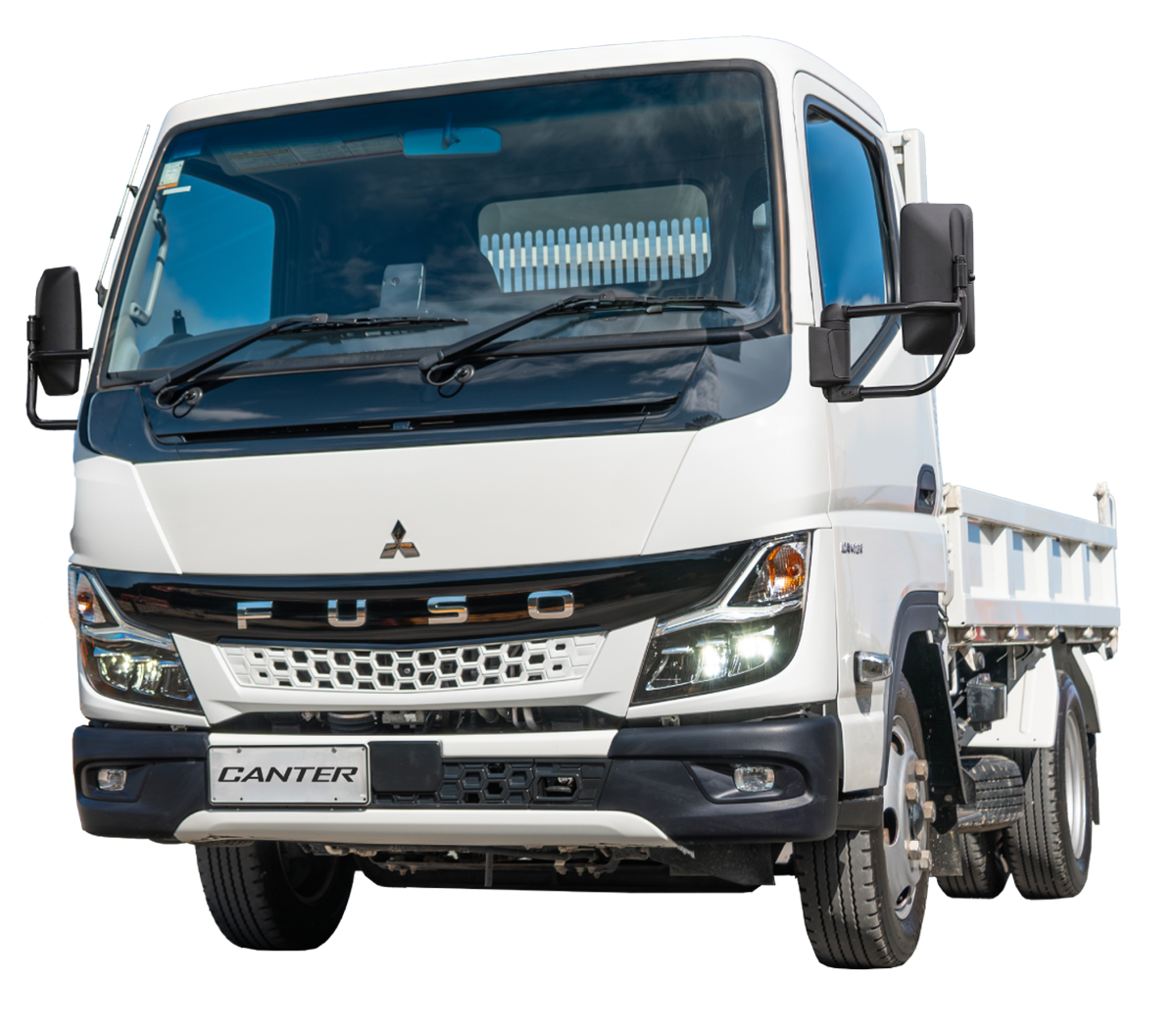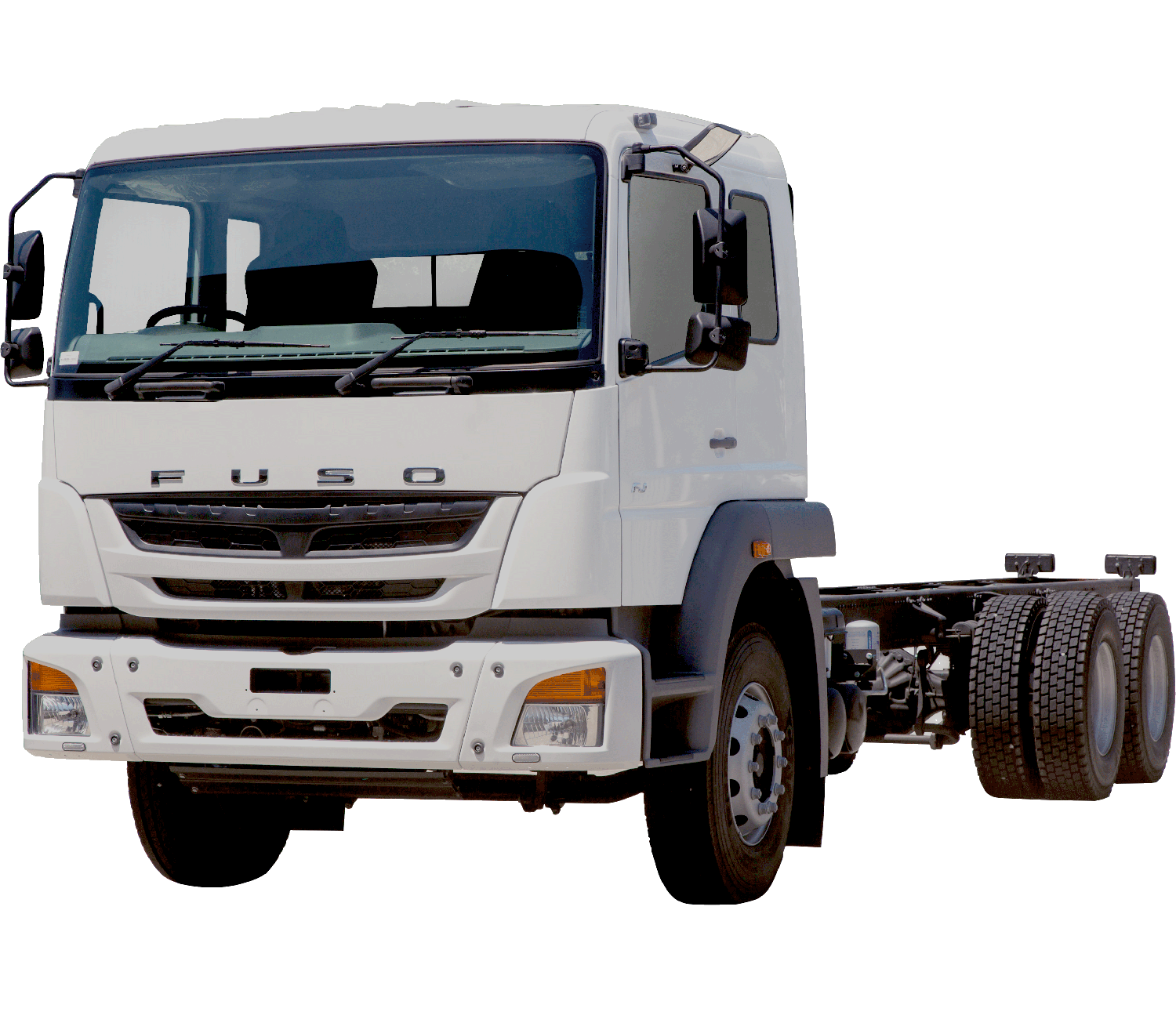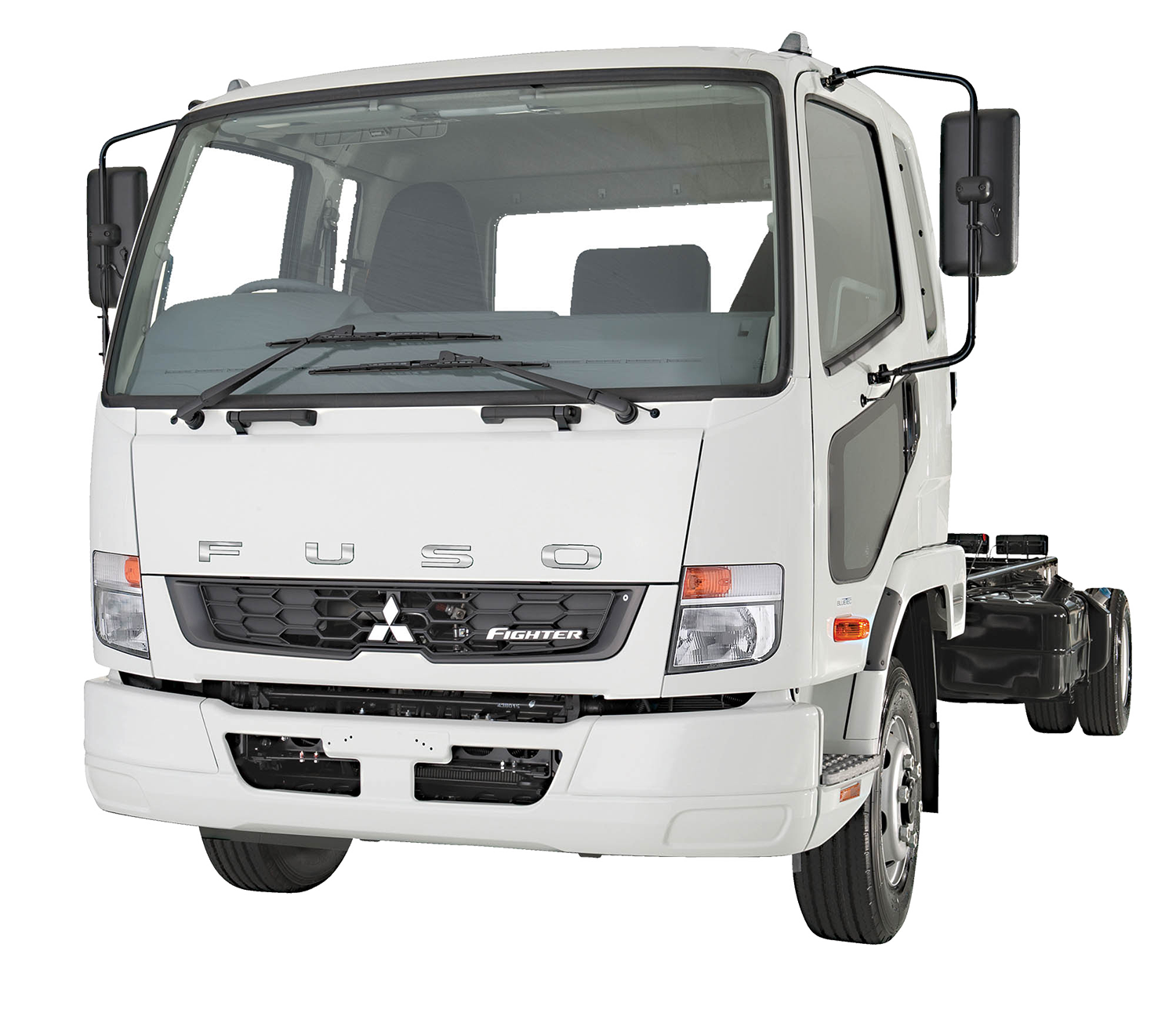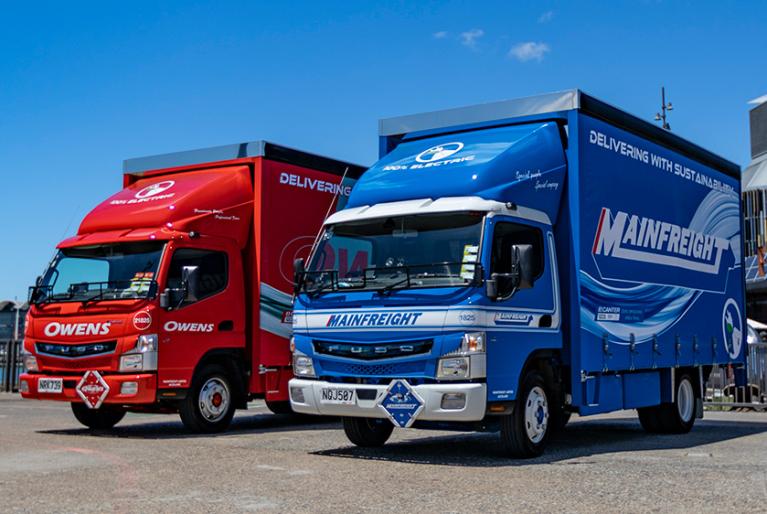Feature Article
CALLING FOR MORE INDUSTRY LEADERS
With the first 30 ground-breaking FUSO eCanter electric trucks already snapped up by forward-thinking transport operators, Fuso New Zealand is encouraging more in the industry to join these early adopters and be foremost in customers’ minds when it comes to sustainable supply chain partners.
The benefits right now for early adopters are manifold, says Fuso New Zealand Group Manager Sales & Customer Experience Kathy Schluter, who has been working closely with New Zealand businesses on the integration of eCanter into their fleets.
“The return on investment is being seen on a daily basis in terms of our shared learning in maximising the performance and efficiency of eCanter across different service routes, loads and body types, as well as individual driver behaviour and integration into the entire logistical chain of operations,” says Schluter.
“Operating an electric vehicle in a commercial environment, taking into account the variety of applications and body builds we are dealing with, is entirely different to an electric passenger car.

“This truck is extremely well manufactured and has been extensively tested over more than 4 million kilometres overseas and in New Zealand. It is built to do its job – and it is our commitment to ensure it can do that job to the best of its capabilities within our customers’ businesses.
“To extract the full potential of eCanter, and deliver to the best results for our customers’ bottom lines, requires an entire culture shift. It is no exaggeration to say this is the biggest change in commercial transport since the move from horses and coaches to combustion engines.
“While that might sound daunting, it is the early adopters who will have a seamless integration process in place and a competitive edge in the market before the wider uptake of electric trucks gathers pace.”
With the government having signed an MOU (memorandum of understanding), which sets a target of 100% zero-emission new truck and bus sales by 2040, and an interim goal of 30% zero-emission vehicle sales by 2030 – significant milestones towards achieving net-zero carbon emissions by 2050 – it’s a matter of when, not if operators will need to include electric trucks in their fleets, says Schluter.
“Where will those businesses who are adopting a ‘wait and see’ strategy be in eight years’ time?” she asks. “Those who are starting the process now will be at a massive advantage come 2030, with valuable, quantifiable experience and data to discuss and report on with customers and in Request for Proposal processes.”
Early adopters in New Zealand include Team Global Express (formerly Toll Group Logistics), Bidfood, Mainfreight, Owens Transport, NZ Post, Genesis, Vector OnGas, Carr & Haslam and a number of other industry leaders across construction, civil works, utilities, general and refrigerated freight, and retail.
Mainfreight, which has three eCanter delivery trucks in its fleet and one in sister company Owens Transport, issued a statement endorsing the vehicle’s credentials:
“The eCanter fits perfectly into our around town pick-up and delivery service. As a zero-emissions vehicle, the engine and noise pollution is almost at nil, and its advanced safety features provide added protection for our drivers.”
Bidfood is using an eCanter for its inner-city Auckland deliveries, and says it helps it to improve the well-being of the community:
“The new vehicle allows us to retain our highly responsive service to our inner-city customers, while directly contributing to the lives of the residents and visitors in the central city area, by helping create a low-emission environment.”

Brad Phillips, Genesis Energy Fleet Engineering & Reliability Manager, says that the conversion to EVs presented an exciting opportunity.
“We have a lot of regional distribution here and electric vehicles really do fit with that. If we want to decarbonise transport in New Zealand, this is a project we should get behind.”
More eCanter units are scheduled to arrive in 2022 and Schluter is inviting businesses to get in touch now to avoid missing out – both in the short and long term.
“We are here to partner with fleets on this journey and to learn and lead together to deliver a sustainable future for our country,” says Schluter.
For more information and to make an enquiry, go to fuso.co.nz/ecanter
